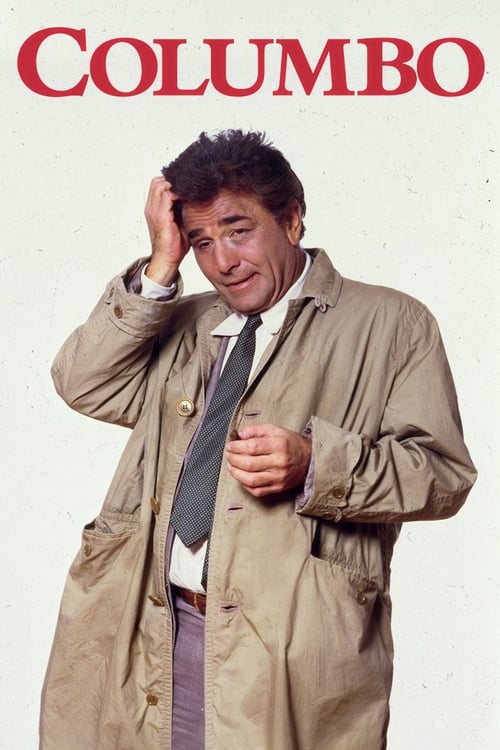Problems with Crime Shows: “Pysch” and “Columbo” are a couple of examples of crime shows that glorify the police and introduce of multitude of problems. PHOTO CREDIT: themoviedb.org
Everyone loves a good crime drama, but if the stuff that happens in those shows happened in real life, there would be a variety of issues having to do with privacy and personal safety. Aside from the concerningly high number of murders in one area, there’s the issue of police conduct.
Shows like this glorify the police; they’re upholders of the law but not a paragon of morality as they may have you believe. Even with this glorification, cop characters break the law on their own shows. Take for example “Columbo.” In an early episode, the title character instructs an officer to search a man’s boat without getting a warrant first. The audience is likely to be okay with this, only because they know the man in question is guilty. “Howcatchem” mysteries rely on the viewers knowing who the culprit is before the detectives, and any law-breaking they do is seen as morally correct, since they’re the people putting the real criminals away.
Other such examples include “Psych,” a detective comedy-drama starring James Roday Rodriguez as the show’s protagonist Shawn Spencer, a man pretending to be a psychic in order to solve crime. The show follows the lives of him and his crime-solving partner as they break the law to find clues pertaining to the cases they work on. While they are private investigators, not police, they still work with the cops and invade the privacy of others to collect evidence to “divine” later to the police.
Most of the time, witnesses or suspects are willing to work with the police, but when they don’t, it gives off the impression that they have something to hide. Phrases such as “come back with a warrant” automatically make a suspect look guilty to the viewer. The police, usually along with the viewers, operate under the assumption that if you’re not guilty, you have nothing to hide. This is obviously not true of real life, but it’s always the characters that aren’t willing to talk without a lawyer who seem the most shady.
Some crime shows try to find a way to separate the “good cop” protagonists from the “bad cops,” also known as the dirty cops or cruel police; people such as Sam Vega, a homicide detective turned serial killer in “CSI: Crime Scene Investigation.” Dirty cops are unlikely to be a part of the main cast, saved for side characters in a crime-of-the-day special fashion. Even when the “good cops” break the law or discharge their weapon, they get nothing more than a slap on the wrist or the chief choosing to turn a blind eye to their misdeeds in favor of justice.
Don’t get me wrong, I absolutely love crime dramas, they’re some of my favorite shows. I just can’t help but be bothered when the cops who are trying to uphold the law and keep people safe decide to break it, and in doing so, infringe upon people’s rights. At the end of the day it’s all just a TV show, but that doesn’t mean it’s a complete escape from reality. Fiction can have a real world impact on people’s reception to events, so it’s important to at least be a little bit critical of the media you consume.

